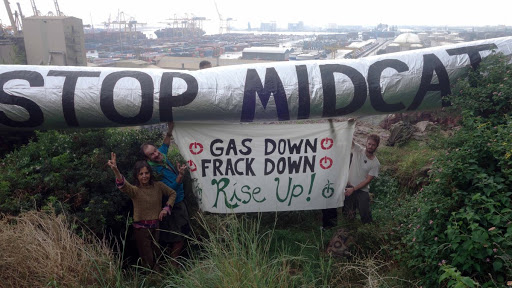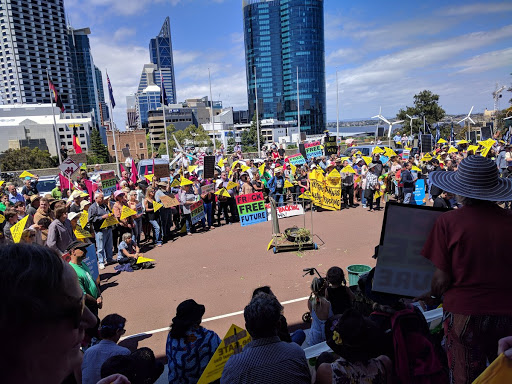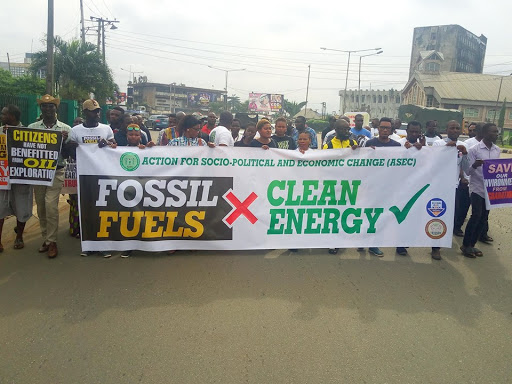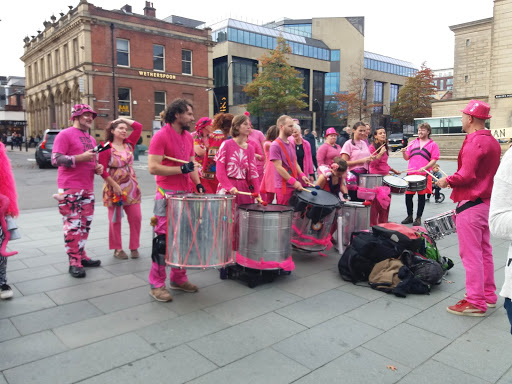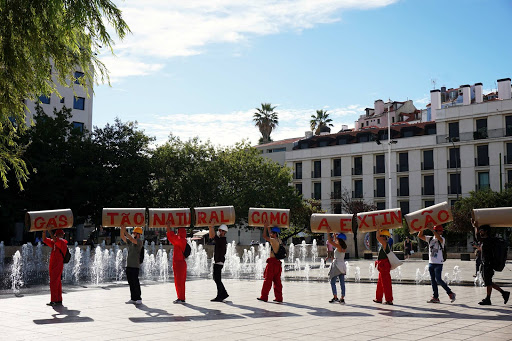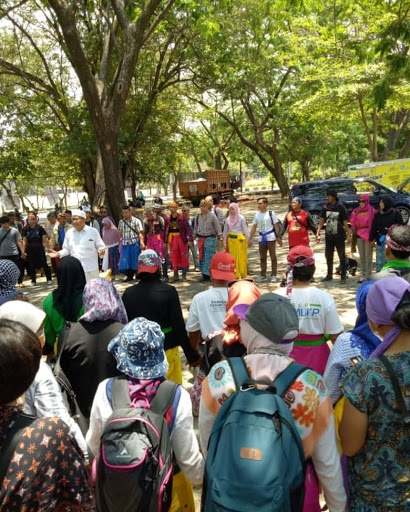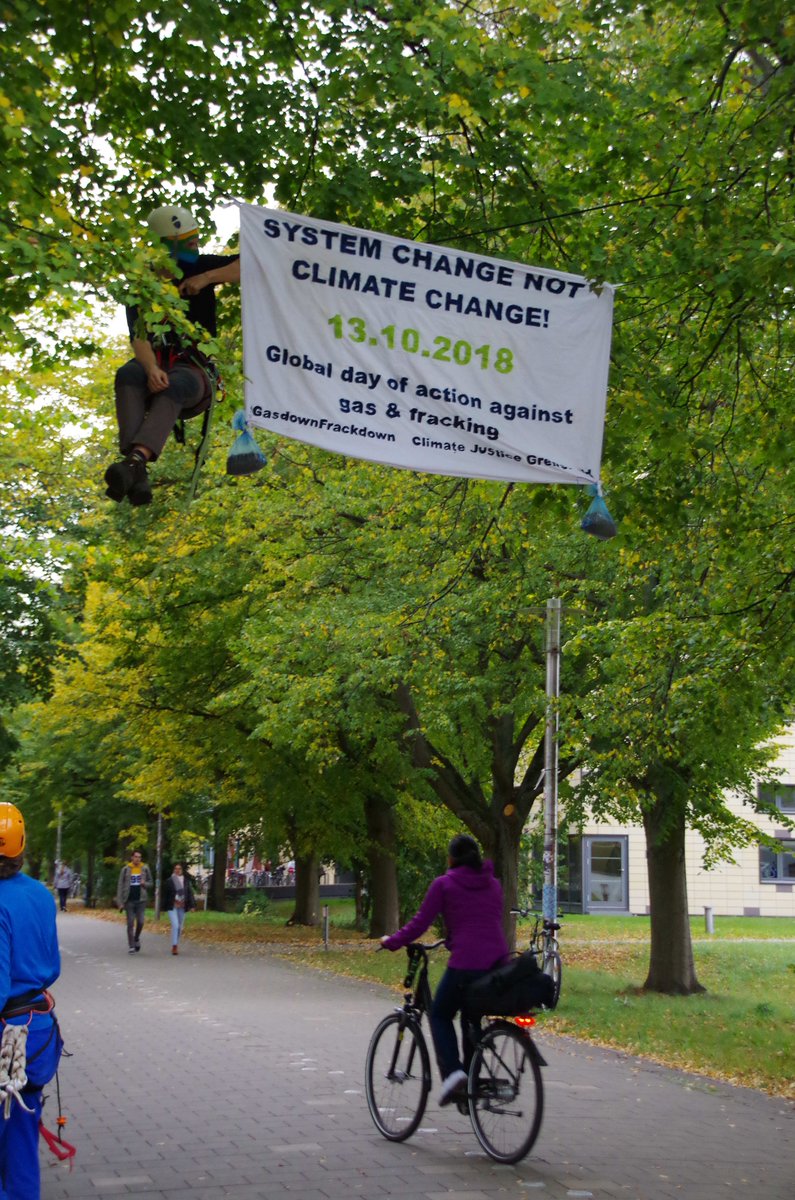Madrid, Brussels, February 27th 2019 — Thirty-three MEPs from six different political groups and 11 countries endorsed a letter [1] sent today to Spanish national and regional governments urging them to stop a projected factory farm that would house more than 23,000 dairy cows [2]. It would be the biggest dairy farm in the European Union and opens the doors to a factory farm model imported from the US that has no place in Europe.
A coalition of environmental NGOs, local organisations and farmers [3] is opposing this project for its potential impacts on rural economies, the environment, local communities, water and air quality, as well as the global impact of factory farming on climate change.
David Sánchez, campaigner at Food & Water Europe, said: “The Spanish and regional governments shouldn’t allow this factory farm model to be imported from the United States into Europe. Its severe impacts in the US are well documented: it doesn’t help rural communities and it has nothing to do with the model of farming that citizens demand in Europe.”
Florent Marcellesi, Member of the European Parliament and co-signatory of the letter, said: “The EU must stop turning a blind eye on the worrying spread of mega factory farms like the one in Noviercas. This kind of factory farming is making Spain become Europe’s dump while it destroys employment, our health, the environment, the climate and the opportunities in the rural areas. We already brought this fight to Brussels and from here we’ll keep on working to ensure the EU turns as soon as possible to sustainable and healthy farming, which respects animal welfare and contributes to the development of rural areas.”
Notes
[1] The letter and the list of signatories can be found here in Spanish and English.
[2] More information about the project can be found here in:
English https://fweuro.pe/20000EN
French https://fweuro.pe/20000FR
Spanish https://fweuro.pe/20000ES
[3] The coalition includes, among others, Greenpeace Spain, Friends of the Earth Spain, Ecologistas en Acción, Food & Water Europe and farmers’ union COAG.
Contact
David Sánchez, Food & Water Europe, +32 (0) 2893 1045, +34 616206942, dsanchez(at)fweurope.org
Florent Marcellesi. +3222837743 [email protected]



